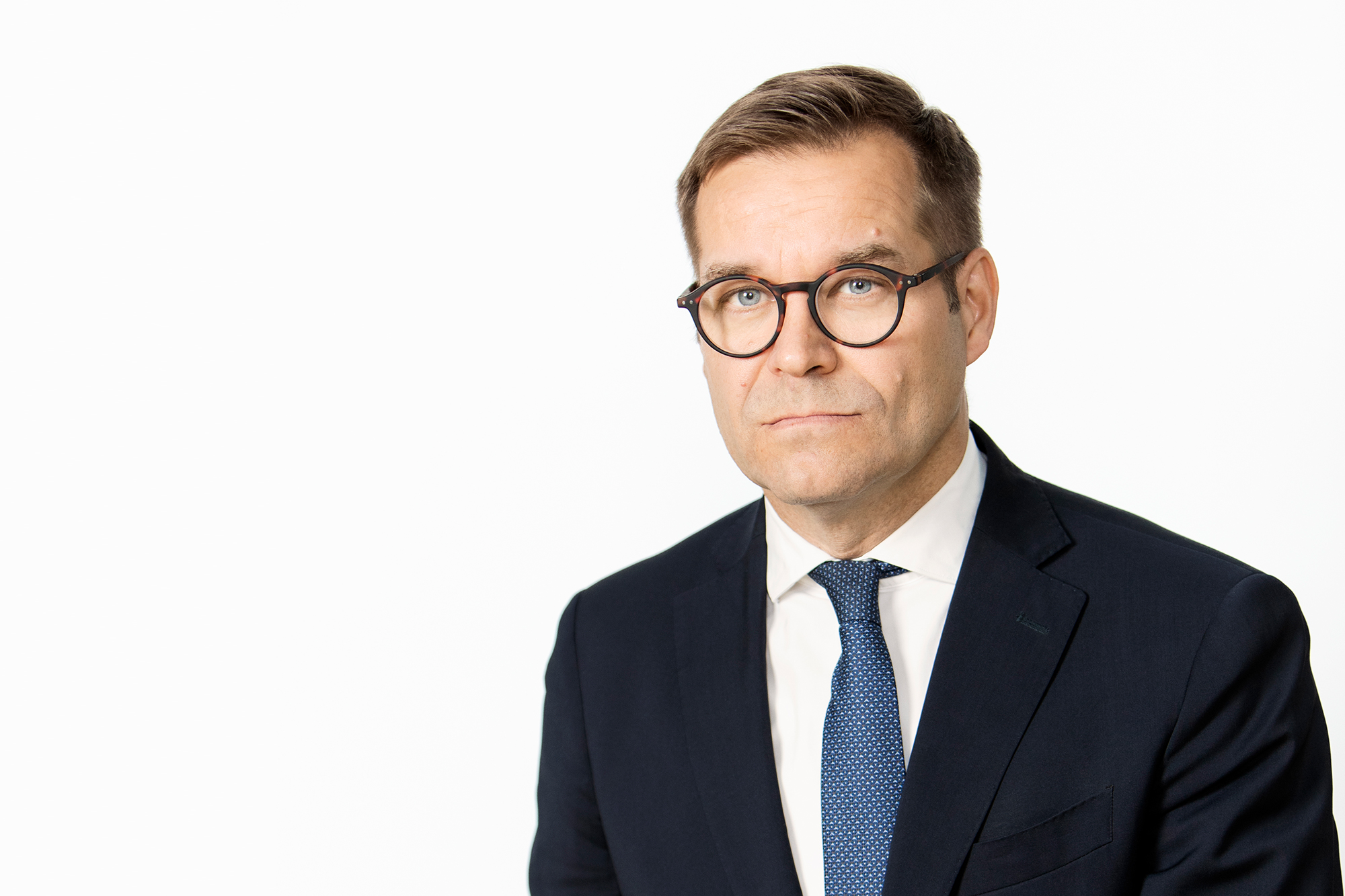Intelligence is a global growth industry
A thorough and permanent change has occurred in Finland's security and operating environment. Russia's brutal attack on Ukraine and a heightened superpower struggle reflect a period of transition in global power structures. The rule-based world order that served Finland's interests well has been seriously challenged. The old rules are crumbling, with new ones yet to emerge. In place of transparent cooperation, relations between states now emphasise confrontation and aggressive measures, espionage and hostile influencing.

The loosening of common rules has heightened the importance of intelligence and security services, both in competition between states and in cooperation between them. The status and influence of states increasingly depend on the operational effectiveness of their intelligence services, on the kind of information that they receive, and on their ability to apply that information. Intelligence has sadly become a global growth industry.
Intelligence diplomacy refers to the use of intelligence in achieving foreign policy objectives, to its goal-oriented disclosure, or to sharing intelligence for the benefit of partner countries.
The release of intelligence prior to the Russian attack was important not only for Ukrainian preparedness, but also in establishing unity among Western countries and as a backdrop to Finland's accession to NATO.
Supo operates in this world of intensifying confrontation, playing the same game as the three-letter power agencies of authoritarian states, but by different rules. Finland needs a strong security and intelligence service that has the ability, capacity and resources to work under radically altered operating conditions without compromising the rule of law.
The activities of Russia remain the biggest threat to Finland's national security. Russia views Finland as an unfriendly country, and as a target for espionage and broad influencing. It is worthwhile preparing for malicious activity, both now and in the long term. Supo has particularly highlighted elevated threats related to the cyber world and critical infrastructure. Weaponised migration is also an easy way for Russia to keep Finland on its toes.
While Finland managed to undermine the operational opportunities for Russian human intelligence last year through counter-intelligence work, expulsion of intelligence officers and a strict visa policy, the intelligence operations of our eastern neighbour should not be underestimated. Individual Finnish citizens in Russia could also be subject to duress, espionage charges or confiscation of assets.
Unscrupulous hostage diplomacy for the purpose of prisoner exchanges has become an instrument in the toolbox of authoritarian states.
The status of security and intelligence services in China has been further reinforced. Breakthrough technologies into new fields have become increasingly important as the superpower struggle has intensified. The future belongs to the controller of artificial intelligence, with supremacy in quantum technology providing a key to unlock the secrets of opponents. R&D requires huge volumes of data collected by many applications around the world.
While digitisation has connected the world in an unprecedented way, associated vulnerabilities are emerging as competition intensifies and rules change. The superpower struggle has already expanded into new areas: the importance of space is growing, as is that of the Arctic region.
Waves of tension in the Middle East are also hitting other parts of the globe, with a real danger of violent escalation. The threat of terrorism has grown in the Nordic countries, and even Finland is not immune to these developments.
Amidst unsettling developments, we should bear in mind that the people of Finland enjoy a rather good standard of security. Public solidarity and determination in Finland have only strengthened as threats become more visible. Finland is well prepared under the circumstances, with NATO membership providing protection against the most serious threats. Finland remains a model country for democracy and the rule of law. We can rely on the measures taken by public authorities.
While a strong rules-based world order is in our interests, Finland must also be alert when the rules change. This is no brief and transitory phenomenon. We must update our mindset, legislation and preparedness for malicious mala fide operating conditions. Our opponents are ruthless and ready to exploit our weaknesses.
The functions of Supo include seeking information on the secret plans of opponents, preventing their implementation, and maintaining the security of Finland and its people. We are of no use to top-level government unless we produce relevant intelligence. We are of no use to the nation unless we maintain the integrity of intelligence.
Teemu Turunen
Acting Director of the Finnish Security and Intelligence Service